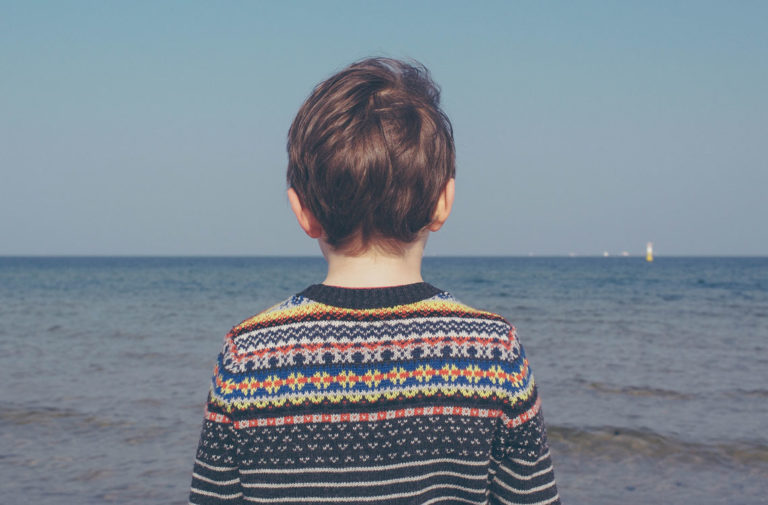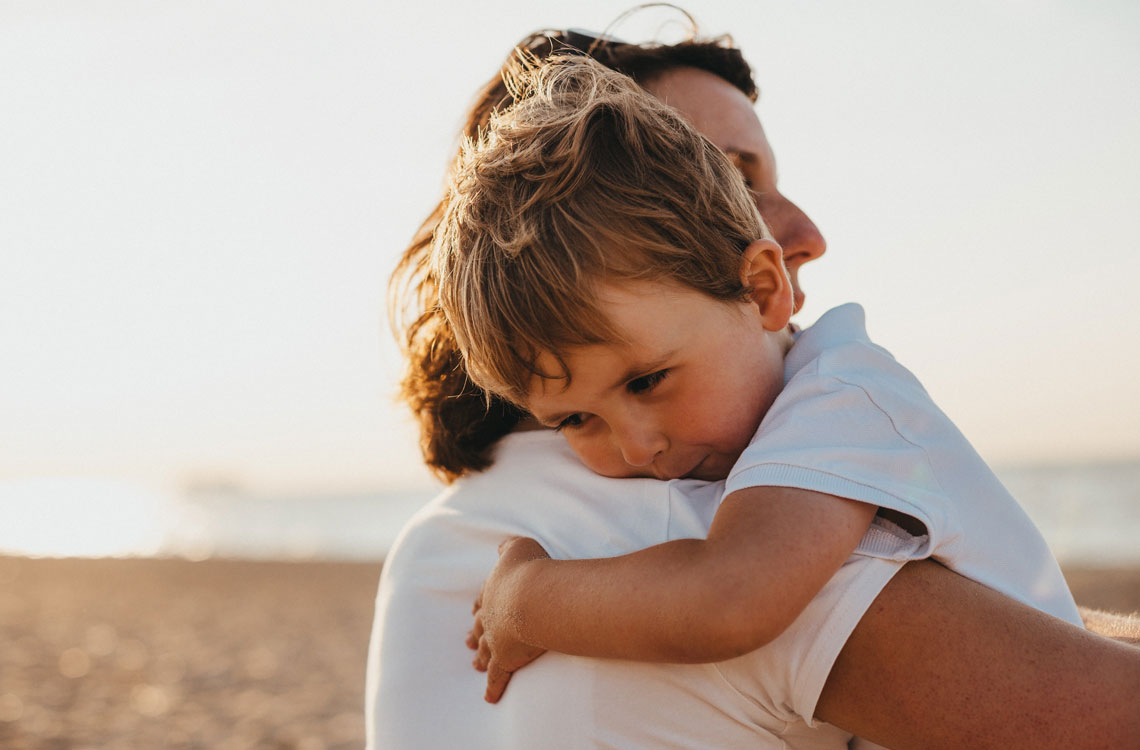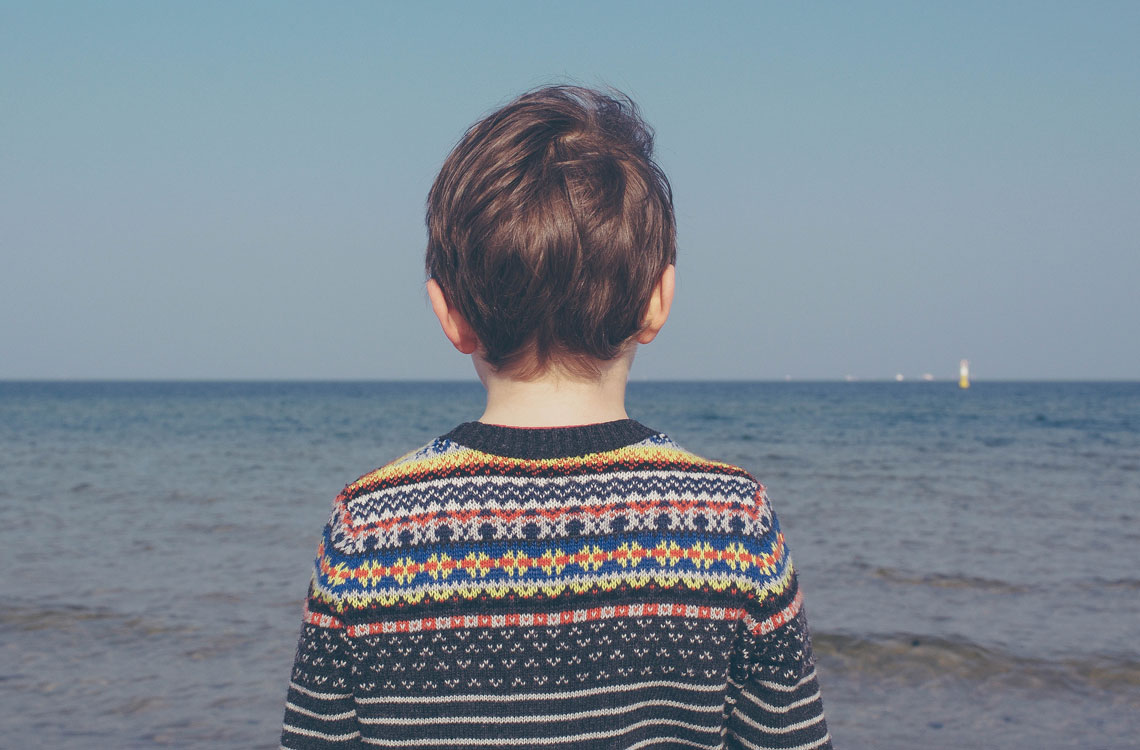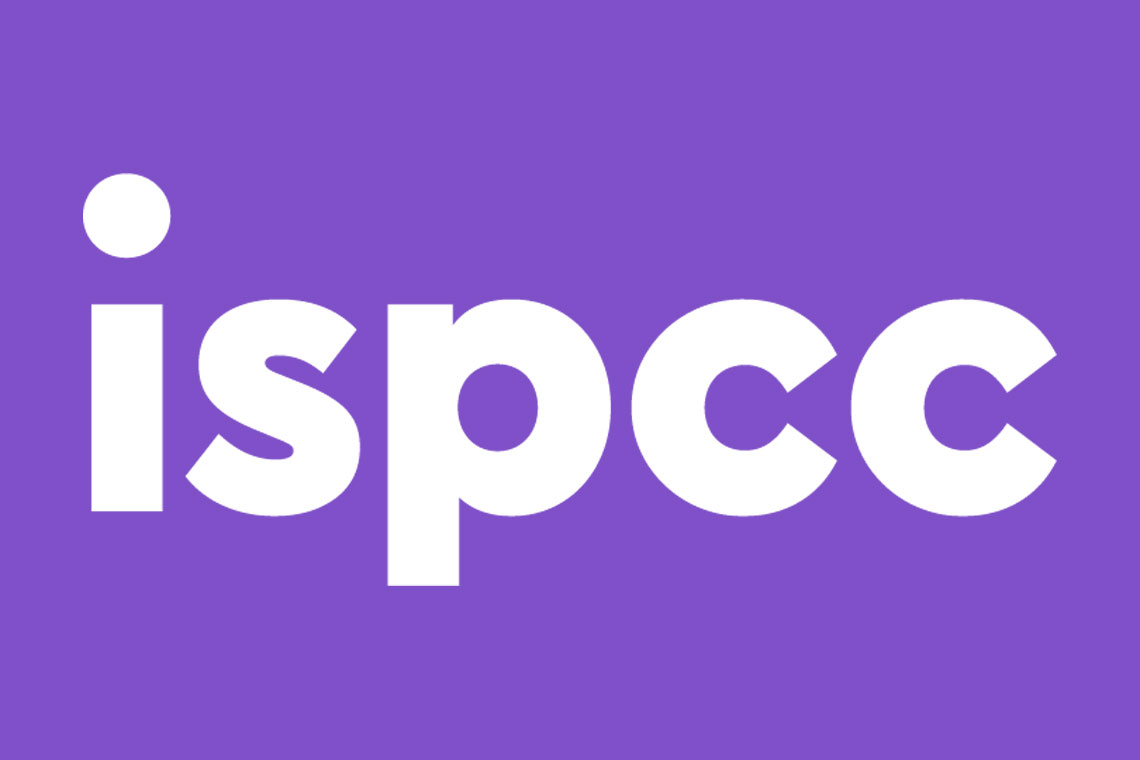Having an absent parent can have a big impact on a child’s life. It’s important to be able to discuss how they feel about it.
Continue readingISPCC delighted to see one of its key recommendations included in the report by the Committee on Education, Further and Higher Education, Research, Innovation and Science on Mental Health Supports in Schools and Tertiary Education

ISPCC delighted to see one of its key recommendations included in the report by the Committee on Education, Further and Higher Education, Research, Innovation and Science on Mental Health Supports in Schools and Tertiary Education
ISPCC welcomes the publication of the Committee on Education, Further and Higher Education, Research, Innovation and Science’s report on Mental Health Supports in Schools and Tertiary Education.
We are pleased to see the Committee take on a recommendation from ISPCC that the youth mental health pathfinder project be commenced without further delay. ISPCC was a member of the Youth Mental Health Taskforce where this recommendation was originally mooted back in 2017.
“We firmly believe that if we are to solve the crisis of our child and adolescent mental health service, the initiation of this unit is crucial. This week has seen the harrowing state of CAMHS being brought into focus in the interim report of the Mental Health Commission,” says CEO John Church. “The UN Committee on the Rights of the Child in its State examination of Ireland struggled to understand how we have such long waiting lists for these services.”
The initiation of the unit would address the relevant gaps and challenges in this cross-cutting area, ultimately improving whole of government approach.
Furthermore, we believe that it’s essential that mental health be a core focus of the next national policy framework for children and young people, with funding ring-fenced for both universal and targeted services.
It is fantastic to see the Education Committee recommend that ring-fenced funding be made available to non-statutory mental health supports for students to address the overflow of demand on the statutory services and to reduce waiting times. ISPCC provides many services already that could support Government to meet such a demand.
We are grateful that our Childline service was recognised by Mr Justice Clarence Nelson at the UN Committee on the Rights of the Child in Geneva at Ireland’s State examination. We are here for all children and they can reach out for any reason.
ISPCC has supported children, young people and families since its inception in 1956 and next month it will be 35 years since its flagship service, Childline, began. Since then, Childline has developed with the times and now offers a suite of multi-channel services delivered both face-to-face and non-face-to-face, responding to the needs of children and young people.
We are delighted to see that the Committee recommends that wellbeing supports be an integral part of the curriculum and that there be mandatory training on many areas including bullying. This is a key policy area for ISPCC and we developed our Shield Anti-Bullying programme as a direct response to the issue of bullying and how it was impacting the mental and emotional health and wellbeing of children.
We were delighted to collaborate with DCU’s Anti-Bullying Centre and our Irish Safer Internet Centre partners Webwise on the Shield programme
For real reform in the area of child and youth mental health, it is imperative that we understand the issues at play, that all relevant stakeholders work together and that the requisite resources are put in place.
Notes to Editors:
ISPCC Head of Policy and Public Affairs Fiona Jennings is available for comment or interview.
For more information, please contact Rowena Walsh, ISPCC Marketing and Communications Coordinator. Tel: 087 3157552
Email: [email protected]
About ISPCC
ISPCC is a national charity dedicated to enhancing the lives of children and young people; they are at the heart of everything we do. We provide the Childline suite of services.
Our child-centred services, programmes and supports are focused on strengthening resilience and developing coping competencies.
Any child or young person in Ireland up to and including those aged 18 years of age can contact Childline’s 24-hour support line by live chat – Childline.ie or calling 1800 66 66 66.
Our 24/7 Childline listening support service involves professionally trained facilitators actively listening, supporting and empowering children and young people. Our Childline Therapeutic Support Services offers children and young people a more long-term, personalised individual plan of support depending on their level of need and presenting issues.
ISPCC’s Digital Mental Health and Wellbeing programmes aim to reduce anxiety for children and young people, as well as helping their parents/carers to manage their own anxiety while supporting their anxious child or teenager. These CBT-based programmes have been developed by SilverCloud, a leading digital mental health provider.
Smart Moves is our evidence-based resilience programme specifically focused on the transition from primary school to post-primary school. Best practice tells us that students need to be supported not just before they transition from primary school to post-primary school, but also during and after.
ISPCC response to the release of the interim report by the Mental Health Commission into the Child and Adolescent Mental Health Service (CAMHS)

ISPCC response to the release of the interim report by the Mental Health Commission into the Child and Adolescent Mental Health Service (CAMHS)
ISPCC shares the sense of shock felt by many on the publication of the interim report by the Mental Health Commission into the Child and Adolescent Mental Health Service (CAMHS).
The finding that CAMHS has left more than 100 children without care for up to two years is, as Tánaiste Micheál Martin says, ‘unacceptable’.
In light of these findings, it is timely that Minister O’Gorman and his officials will be examined by the UN Committee on the Rights of the Child in Geneva tomorrow and Wednesday. Mental health will be a key focus there, as it needs to be at home.
The fact that the Mental Health Commission felt compelled to publish an interim report on CAMHS is illustrative of the crisis facing the service. Yet, sadly, this is not a surprise for those of us working to support children and young people.
For many parents/carers, it comes as a relief when their child is receiving support from CAMHS. “However, we read that some of these children are ‘lost children’ within the system,” says Fiona Jennings, ISPCC Head of Policy and Public Affairs.
“It is truly frightening that children who have been on medication are not receiving ongoing assessments to ascertain the impact of such medication on their mental health and behaviour. In such circumstances, how can it be judged whether these interventions are making a meaningful and positive difference to the mental health of the child or young person?”
The ability of CAMHS to provide a meaningful service is also hampered by staffing issues and the slow pace of digital transformation. A digital system that allows for timely monitoring and continuity of care is essential. As it stands, the system is utterly broken, despite the best efforts of those working within it.
While we will always need CAMHS, it needs to be considered what can actually be done with the service in the short term to alleviate this current crisis, and we strongly suggest that there is a rethink of the CAMHS service delivery model; children and young people ought to be able to avail of such a service when and where they need it.
At ISPCC, mental health concerns are one of the primary reasons why children and young people contact us. Calls on mental and emotional health was a top profile in our 24/7 Childline Listening Service over the Christmas period.
Children have a right to appropriate care, and at ISPCC we know the importance of prevention and early intervention.
We call on the Government to commit to a policy of both targeted and universal investment in mental health service provision. It needs to be a core focus in the next national children’s strategy.
ISPCC reiterates its call for the Government to commit with haste to the implementation of the Pathfinder interdepartmental unit on youth mental health in order to align and streamline the mental health supports across various government departments.
Notes to Editors:
ISPCC Head of Policy and Public Affairs Fiona Jennings is available for comment or interview.
For more information, please contact Rowena Walsh, ISPCC Marketing and Communications Coordinator. Tel: 087 3157552
Email: [email protected]
About ISPCC
ISPCC is a charity dedicated to enhancing the lives of children and young people.
The charity provides a suite of Childline services and supports for children and young people up to and including those aged 18 years of age. Childline’s 24-hour support line can be contacted for FREE, 365 days a year 24/7. Children can chat online at childline.ie or call 1800 66 66 66.
ISPCC provide services, supports and programmes for parents/carers and those working or volunteering in child and youth settings e.g. schools, clubs, crèches etc.
Our CBT-based programmes by Silvercloud, a leading digital mental health provider, Supporting an Anxious Child and Supporting an Anxious Teen provide essential support for parents/carers and teens experiencing anxiety.
6 Phone Rules that will keep you and your children happy!
Having phone rules in place that the whole family agree on will lead to a much happier house in the long run
Continue readingFamily relationships, mental/emotional health, and sex, relationships and puberty among the challenges faced by children who turned to Childline this Christmas

Family relationships, mental/emotional health, and sex, relationships and puberty among the challenges faced by children who turned to Childline this Christmas
Family relationships, mental/emotional health, and sex, relationships and puberty were among the issues spoken about by children and young people who turned to the Childline listening service for support over the Christmas period this year.
Over 70 volunteers across Ireland gave of their time across the period to help ensure no child or young person had to face their challenges alone.
The 24-hour active listening service is one of the suite of Childline services provided by ISPCC. It is free, non-judgmental and non-directive.
Childline answered almost 600 online contacts, calls and texts from children and young people across Ireland across December 23, Christmas Eve and Christmas Day.
ISPCC Chief Executive John Church said: “While Christmas is often a magical time for children and young people, we know from those who turn to Childline that this is not so for many children and young people. They experience challenges to their mental and emotional wellbeing more acutely now than at any other time of the year. They can often feel very alone.
“This year, many children did not wake up the kind of Christmas Day they had dreamed of. They told us of the impact of alcohol or substance misuse in their home, they told us how alone and anxious they felt and they told us how they were missing loved ones.
“Many children and young people in Ireland felt lonely, stressed and upset this Christmas. Their feelings were exacerbated as they saw families and friends celebrating together and it’s not like that for them. They turned to Childline for a listening ear and a supportive voice to hear them. And our amazing Childline volunteers were there for them 24/7 over December 23, Christmas Eve and Christmas Day – as they are throughout the Christmas period.
“We are so thankful for the incredible dedication of our Childline volunteers. They leave their own families at Christmas to ensure that there is always someone to listen when a child or young person needs them.
“On behalf of all the children and young people who Childline supports, we would like to say thank you to the people of Ireland for all they do to help keep the service here 24 hours a day, every day. We are sincerely grateful to you for helping to ensure children and young people have someone to turn to, always.”
To support Childline and help keep volunteers listening to children and young people 24 hours a day, 365 days a year in 2023 and beyond, visit ispcc.ie
Childline’s 24-Hour Support Line can be reached by:
Chatting online at Childline.ie
Calling 1800 66 66 66
Childline’s 24/7 support line is having more conversations relating to suicide, conflict at home and unhappiness in the lead-up to this Christmas

Childline’s 24/7 support line is having more conversations relating to suicide, conflict at home and unhappiness in the lead-up to Christmas
ISPCC, the charity dedicated to enhancing the lives of children and young people, is reminding children and young people across Ireland that Childline’s 24-hour support line is available every day and night 24/7 all through the Christmas period.
ISPCC Chief Executive John Church said: “In November and December to date, the service has experienced a rise in conversations amongst children seeking support in relation to thoughts about suicide, conflict in the home and feelings of low-mood and unhappiness. Anxiety continues to be a topic frequently discussed by children who speak with Childline both online and on the phone.
“As children around the country begin their Christmas break, Childline encourages children to reach out for any reason, anytime this Christmas.”
Last Christmas, family conflict, mental health and self-harm were among challenges faced by children who contacted Childline. We anticipate that, along with these concerns, our volunteers will support children experiencing loss, anxiety and thoughts of suicide this Christmas. We expect over 600 engagements with children.
The charity is keenly aware that Christmas can be an exceptionally challenging time for many children and young people.
Childline’s 24-hour support line is there to support children and young people for any reason, and it’s a message the charity is eager that children and young people are aware of during the Christmas holidays.
ISPCC’s Director of Services Caroline O’Sullivan said: “We know that some children may feel that their concern is not ‘serious’ enough or what they are feeling or experiencing doesn’t matter as much as maybe what is going on for another child. At Childline this is far from the case, what they want to share matters, they matter, and we encourage them to reach out.
“Our dedicated volunteers and teams around the country listen and support children and young people, no matter what is on their mind or what they may be going through. Childline is there, unconditionally for them. Our online chat service is ideal for children who may feel more comfortable seeking support by typing and messaging about what is going on for them.”
Some of the many volunteers who will be supporting children this Christmas, themselves sought support from Childline when they were teenagers. Volunteer Peter O’Flanagan who reached out to the service when he was younger, said: “Just having someone to share things with and listen to what I had to say was a huge weight lifted off my chest. It’s why I volunteer now as I know how much that support meant to me. I know how important it is for children to have somewhere to turn.”
ISPCC needs to raise 75% of its funding each year from donations and relies on the generosity of people right across Ireland. The charity is grateful for all support which helps ensure its services and supports are available to children and young people 24 hours a day, every day. To support Childline’s Christmas appeal, please visit ispcc.ie or call 0818 50 40 50.
Donations, no matter how small, will help make sure every child has someone to turn to, whatever their concern or whatever challenge they face.”
Childline’s 24-Hour support line can be reached in the following ways:
Chat online: Childline.ie
Call: 1800 66 66 6
ENDS
Notes to Editors
For more information, please contact Rowena Walsh, ISPCC Marketing and Communications Coordinator. Tel: 087 3157552
Email: [email protected]
ISPCC CEO John Church, ISPCC Director of Services Caroline O’Sullivan and Childline 24-hour support Volunteers are available for interview or comment
About ISPCC
ISPCC is a charity dedicated to enhancing the lives of children and young people.
The charity provides a suite of Childline services and supports for children and young people up to and including those aged 18 years of age.
All services and supports champion prevention and early intervention, focusing on strengthening resilience and developing coping skills that will last a lifetime
Childline’s 24-hour support line can be contacted for FREE, 365 days a year 24/7. Children can chat online at childline.ie or call 1800 66 66 66.
ISPCC provide services, supports and programmes for parents/carers and those working or volunteering in child and youth settings e.g. schools, clubs, crèches etc.
Through its policy and public affairs work ISPCC advocates for meaningful change for children and young people now and leaves a legacy of improved experiences for future generations.
You don’t need a “Perfect” Christmas to have a great one this year
Things don’t need to be “perfect” in order to have a great Christmas this year. Focus on what matters and the precious memories will make themselves!
Continue reading5 reasons why it’s okay to NOT love Christmas
There is a lot of pressure on parents to make Christmas special for their family. Here are a few reasons why it’s okay NOT to love it.
Continue reading5 touchy subjects that crop up during every family Christmas
Whether it’s your family or the one you married into, there will always be touchy subjects that you need to navigate carefully at Christmas!
Continue reading6 great tips for blended families at Christmas
Christmas is a time to celebrate with your family but it can lead to tension in blended families if things aren’t planned properly.
Continue reading








